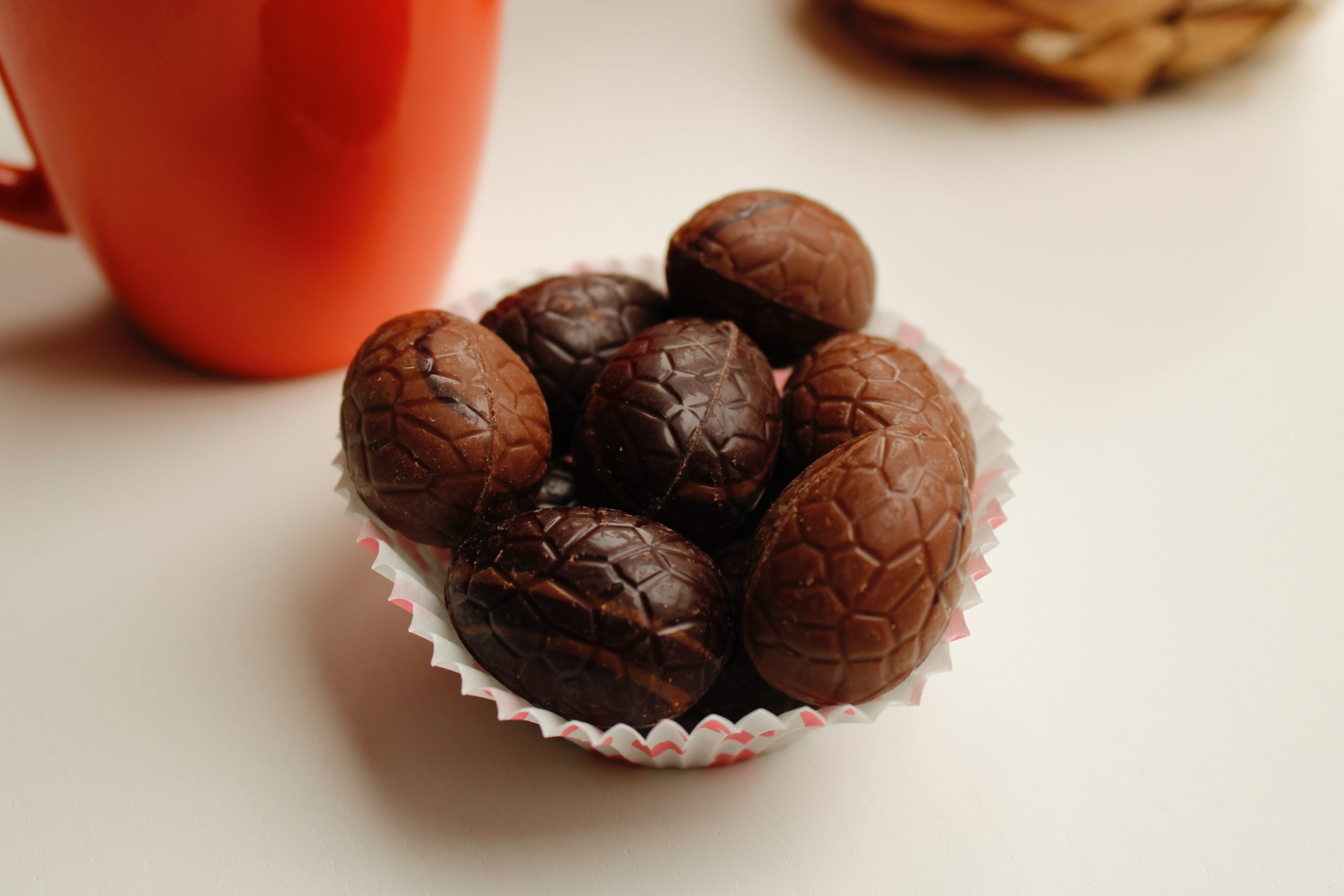Do you want to explore some South American food and wine pairings and South American recipes for Easter? Clorrie Yeomans shares her favourite Latin American dishes to serve over Semana Santa.
South American food and wine pairings with Easter recipes
Holy Week (Semana Santa) is one of the most salient events of the year in South America. Bright decorations, delicious food and religious processions mark the religious celebration in the world’s most heavily Catholic region. During the Easter period, people traditionally abstain from eating red meat between Ash Wednesday and Easter Sunday and for the most devout Catholics, Good Friday is also a day of fasting. Nowadays, the cultural legacy of Catholicism in Latin America has inspired an array of delicious traditional Easter foods, particularly vegetarian and seafood dishes.
Here are my top ten South American food and wine pairings that you must try this Easter!
Chipa (Pão de Quiejo)
Small, wheat-free breads made with cheese are typical among several South American countries. The Paraguayan version, Chipa, is commonly enjoyed over the Easter period. The naturally gluten-free dough is prepared with tapioca starch before anise seeds are added for a touch of flavour. The bread is delicious served warm with a glass of Argentine or Brazilian sparkling wine for a relaxed starter or nibbles on Easter weekend.
Chupe aka. Shrimp Chowder
Peruvians love their chupes or chowders and Easter is no exception. Shrimp chowder originated from the city of Arequipa and was particularly popular during Lent while people abstained from eating meat. This hearty chowder is prepared with potatoes, vegetables and milk and served with a fried egg on top. A full-bodied, sumptuous Chardonnay from Casablanca or San Antonio in Chile is the perfect accompaniment for this rich and creamy seafood chowder.
Fanesca
Fanesca is an Ecuadorian Easter soup which is a favourite meat-free option for Good Friday. The Easter recipe is prepared with dried, salted cod (or bacalao in Spanish), butternut squash, mixed beans, corn, rice and onions with a warm and comforting broth made with milk, cream and cheese. Salted cod is traditionally eaten on Good Friday in several South American countries, including Brazil (where it is known as bacalhau in Portuguese). A delicious accompaniment for salted fish would be a slightly saline coastal Sauvignon Blanc from Chile’s Limarí Valley.
Arroz con Leche
Arroz con leche (or ‘rice pudding’) is a popular dessert in Latin America and every country has its unique version of this classic. Rice pudding is enjoyed all year round but especially over Easter in countries such as Bolivia and Venezuela. For a touch of decadence, why not add some raisins and a drop of late harvest sweet wine before simmering the rice with the milk and spices? This dessert would be delicious served with the honeyed notes of a late-harvest Moscatel from Chile, the spicy, floral notes of a late-harvest Torrontés from Argentina or a sparkling Moscato from Brazil would also complement the creamy and delicately spiced pudding.
Rosca de Pascua
Rosca de Pascua is a sweet brioche-like bread in a ring shape decorated with crème pâtissière, nuts, candied fruit and sometimes chocolate eggs. It is believed that this sweet Easter bread originated from Bologna in Italy. However, since then, many countries have developed their own spins on the recipe by adding different flavoured creams, almonds, chocolate and fruit. Some close cousins of the Argentine ‘rosa de pascua’ include ‘mona de pascuas’ in Spain, ‘kulich’ in Russia, ‘Ostertorte’ in Germany, ‘pan de pascua’ in Chile and ‘roscón pascual’ in Mexico. This sweet, buttery and nutty bread would taste delicious with a glass of demi-sec sparkling wine, or a glass of oaked Chardonnay from Mendoza.
Chocolate Eggs
Wine and chocolate is a classic, but you need to match the chocolate to your wine. The silky tannins and medium body of a Chilean Pinot Noir will complement the creaminess and smoothness of the milk chocolate; while for bitter dark chocolate you might want to experiment with a well-structured and full-bodied wine that is not overpowered by the bitter cocoa notes. A dark and full-bodied Chilean Cabernet Sauvignon will complement the complex mocha and dark-fruit flavours of dark chocolate.
Dulce de Leche
Dulce de leche is an irresistible and thick caramel sauce which is used in a range of desserts. Our favourite dulce-de-leche dessert for Easter has to be a take on Cadbury’s cream eggs filled with chocolate mousse and dulce de leche. To match the sweetness of this indulgent dessert, we recommend a late-harvest (cosecha tardía in Spanish) Malbec or Cabernet Franc dessert wine from Argentina. Check out our Ultimate guide to dulce de leche with recipes.
Ceviche
Ceviche is the perfect dish for an Easter brunch, Latin American style! This concoction of fresh, raw seafood with a zesty marinade is served all the way along the Pacific coast from Mexico down to Chile. A cool, crispy glass of coastal Sauvignon Blanc or Riesling from Chile would marry perfectly with this delicate and refreshing seafood dish. Check out our Ceviche recipe and wine pairings.
Torrejas
Torrejas are the delicious Latin American version of French toast or Spanish torrijas. They are typically made from the leftover Easter brioche which is soaked in milk, syrup and sometimes wine or liquor. Torrejas are popular in several countries across Latin America under slightly different names. The toast can be served hot with syrup drizzled on top or cold to allow the syrup to crystallise on the surface. We recommend a crisp and refreshing Malbec rosé from Mendoza for this one.
